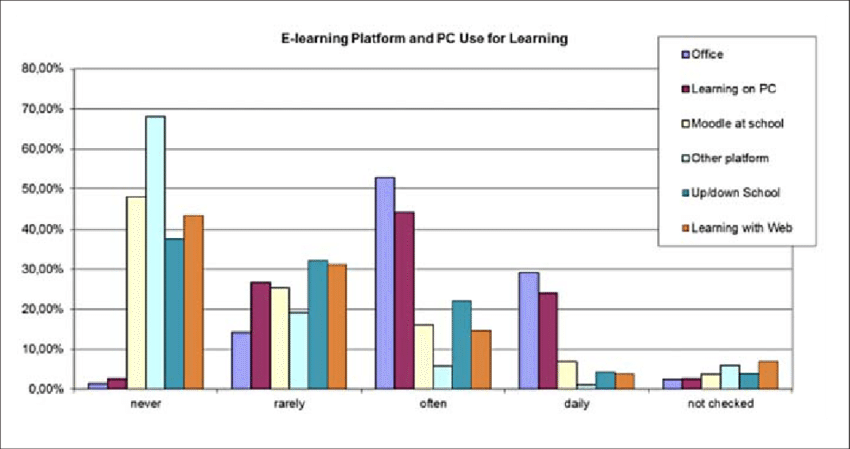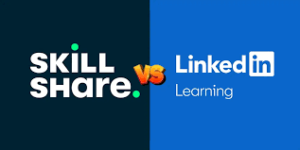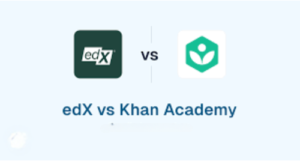
- By Dafa Rizq
- August 30, 2024
- No Comments
Comparing Online Learning Platforms: Which One is Right for You?
As online learning continues to grow in popularity, the number of platforms offering digital courses has expanded significantly. Whether you’re a student, a professional looking to upskill, or someone pursuing a personal interest, choosing the right online learning platform is crucial. This article compares some of the top online learning platforms, helping you decide which one best suits your needs.
1. Coursera vs. Udemy

Course Variety: Coursera partners with top universities and organizations to offer courses that often include a certificate or even a degree. Udemy, on the other hand, has a vast range of courses created by individual instructors, covering everything from professional skills to hobbies.
Cost: Coursera operates on a subscription model for many of its offerings, while individual courses may also be purchased. Udemy generally allows you to buy courses individually, and discounts are frequently available.
Certification: Coursera’s certificates often carry more weight, as they come from accredited institutions. Udemy offers certificates of completion, but these are less likely to be recognized by employers.
User Experience: Both platforms are user-friendly, but Coursera’s interface is more structured, mirroring traditional academic environments. Udemy offers more flexibility, allowing you to learn at your own pace with lifetime access to purchased courses.
2. LinkedIn Learning vs. Skillshare

Course Focus: LinkedIn Learning excels in business, technology, and creative skills, integrating well with LinkedIn profiles. Skillshare focuses more on creative fields like design, photography, and arts, with a strong emphasis on project-based learning.
Pricing: LinkedIn Learning operates on a subscription basis, often bundled with LinkedIn Premium. Skillshare also uses a subscription model, but offers a free tier with limited access.
Certification: LinkedIn Learning provides certificates that can be added directly to your LinkedIn profile, which can be valuable for networking and job hunting. Skillshare does not offer certificates, but its emphasis on creative skills can be a great portfolio-builder.
Community: Skillshare’s community is highly engaged, with options to interact with instructors and fellow learners through project galleries and discussions. LinkedIn Learning also has community features, but they are less interactive.
3. edX vs. Khan Academy

Academic Rigor: edX is known for its rigorous academic courses offered by top universities, including MIT and Harvard. These courses often mirror what you would find in a college classroom. Khan Academy offers a more accessible approach, focusing on K-12 education and foundational subjects.
Cost: Many of edX’s courses are free to audit, but certificates and degrees come at a cost. Khan Academy is completely free, making it an excellent resource for students of all ages.
Target Audience: edX is ideal for adult learners and professionals seeking formal education and credentials. Khan Academy is geared towards younger students, teachers, and anyone looking to strengthen their understanding of basic subjects.
Certification: edX offers verified certificates and MicroMasters programs, which can be valuable for career advancement. Khan Academy does not offer certificates, as its primary focus is on foundational learning.
Conclusion
Choosing the right online learning platform depends on your goals, budget, and preferred learning style. Coursera and edX are great for those seeking academic credentials, while Udemy and Skillshare offer flexibility and creative opportunities. LinkedIn Learning is perfect for professionals looking to advance their careers, and Khan Academy is a fantastic free resource for foundational education. Consider what each platform offers and how it aligns with your personal or professional objectives before making your decision.
